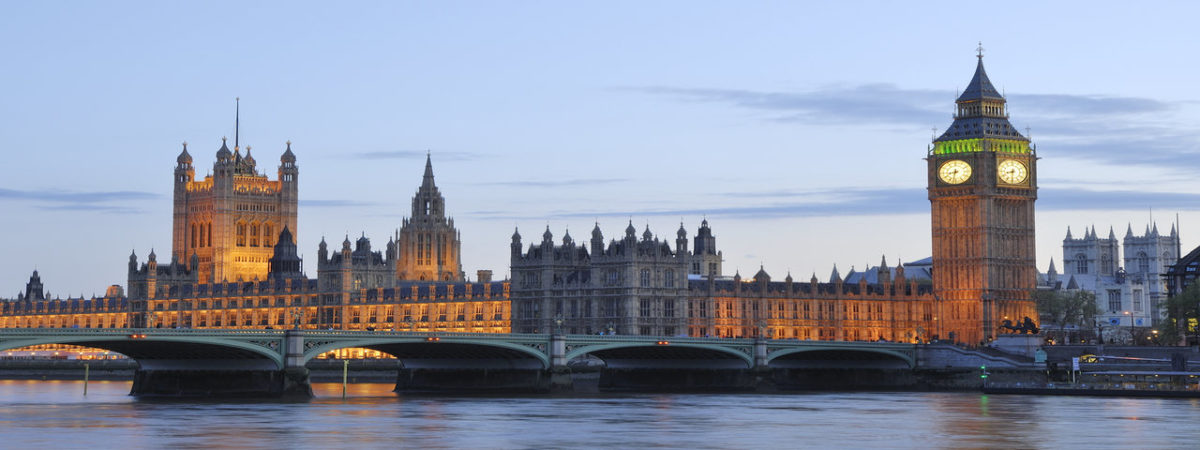Is the UK turning into a tax haven?
SUGGESTED



There are, though, some grey areas. Companies such as Starbucks seem to use tax havens to reduce their taxable profits, but Britain is not the tax haven in this case – the tax haven is Holland. And intellectual property gives rise to issues that can be reasonably disputed. HMRC can challenge the transfer pricing basis used by Starbucks. However, the intellectual property within the brand value is responsible for a large proportion of Starbucks’ profits; that brand was not created here; and there is no clear case that the profits on that intellectual property should be taxed here.
There are areas where the UK is getting too close to becoming a tax haven. The Patent Box gives favourable tax treatment to new innovations and we have long-standing tax benefits for the film industry. These moves are applauded by politicians who believe that they know better than the markets how capital can be allocated. To stop tax avoidance, we need low, flat taxes with few exemptions.
Tax havens help ensure returns from investment vehicles are not taxed several times over and that those who should not pay tax on investment returns can legitimately avoid tax. The fund management industry, social investment schemes and many other forms of important economic activity rely on tax havens so they can operate without paying taxes that the system should not be levying.
The UK has an incoherent tax system with exploitable loopholes created by politicians who believe that they know best and who want to encourage particular types of economic activity. We sometimes also tax returns to capital several times over through various combinations of corporation tax, income tax, capital gains tax, inheritance tax and stamp duty on transactions. We need real tax reform. We should not have exemptions and reliefs that can be gamed by the rich and the sophisticated.
We should have a single, flat, low rate of tax on returns to shareholders, regardless of where a company earns its profits. In other words, we should tax the owners and not corporations.
The corporate tax system should not be used to encourage investment in particular economic activities. FA Hayek addressed The Road to Serfdom to the “socialists of all parties”, realising that the instinct to intervene in the economy was a cross-party problem. Certainly, George Osborne has demonstrated this to be the case, and it is gratifying to see criticism of tax reliefs from the Labour Party.
Problems of avoidance are greatest either when complexities exist within the tax system or when tax is charged at penal rates. The US is the prime example, with US companies encouraged to pile up cash offshore because of the tax penalty on repatriating profits. There will always be some incentives for avoidance whenever and wherever corporates are taxed more highly than their owners.
For example, it is the intention of tax law that pension funds are not taxed on the returns on their investments. But, because corporations are taxed at source on profits, pension funds are de facto taxed on equity returns. Before 1997 this was partly relieved by repayment of dividend tax credits.
It would be better to return to a corporate tax system where owners are taxed directly on the returns on the shares they own (either attributed earnings or dividends) according to their own tax position. That used to be the basis of corporate tax and this, together with the removal of loopholes, would see the end of corporate tax avoidance. But, for all the problems of the UK tax system, Britain is not a tax haven.
Prof Philip Booth is the IEA’s Editorial and Programme Director. This article was first published as part of a ‘head to head’ discussion with Margaret Hodge on Economia.
3 thoughts on “Is the UK turning into a tax haven?”
Comments are closed.





So if we set corporation tax to zero lets think through how that would work.
– Wealthy owners/shareholders/executives of corporations will base themselves outside of the UK.
– The UK would become a tax-free place to set up business, creating more jobs and more demand for jobs, hopefully pushing up wages (or immigration!)
– Spending on benefits will fall
– But probably not as much as income from corporation tax, so taxes elsewhere will rise.
– To make sure high wages and suchlike don’t disappear to places with low income tax, some kind of system which ensures that owners/shareholders/executives are taxed on their UK earnings and shareholdings (direct or indirect) will be needed.
And yes, let’s get rid of stamp duty while we’re at it.
Would it not be better to have a simple flat 100% tax on economic rents, specifically that on Land instead of taxes on output? That way we could reward wealth creation as well as creating a more meritocratic and equal society. Im always a bit puzzled why the IEA supports taxes that penalise wealth creation when there are clear alternatives.
So you’re claiming that if Britain became a Tax Haven it would result in higher employment and wages. But you seem to be ignoring the fact that without the tax and the $20tn we are losing out on each year (due to tax inversions) there will be a lack of funding for the NHS and the welfare state in general throughout Britain. We can’t led the greed of the wealthy cause the suffering of the common man- who will simply have to pay more tax to make up for the lack of tax provided by the big businesses.